The great white elephant we should all be looking at.
Mariana Plata is a Clinical Psychologist, Psychotherapist and Educator. In her experience working as a faculty advisor in private schools in Panama City, she has seen first-hand the need to include the fundamental principles of “alternative” pedagogies in the official curriculum, but also to apply it in the teacher-school relationship. “We need more alignment between the teacher’s style and the values of the institution for which he or she works. A teacher must respect the differences of his students to the same extent that the school must respect the differences of its teachers”.
Each school should have clear transversal lines as a frame of reference for its teaching staff, a common objective, which allows teachers to meet where they are as a person and as a professional. It is important to open spaces for collaboration between veteran teachers, mid-career teachers and those who have just entered with fresh ideas, in this way a synergy is created with which they grow, exchange and never stop learning. “I think that otherwise the teacher does not enjoy, they feel frustrated – in addition to often being poorly paid – and thus the children will hardly be able to enjoy the school experience, but more worrying still, they will not consciously enjoy the act of learning.”
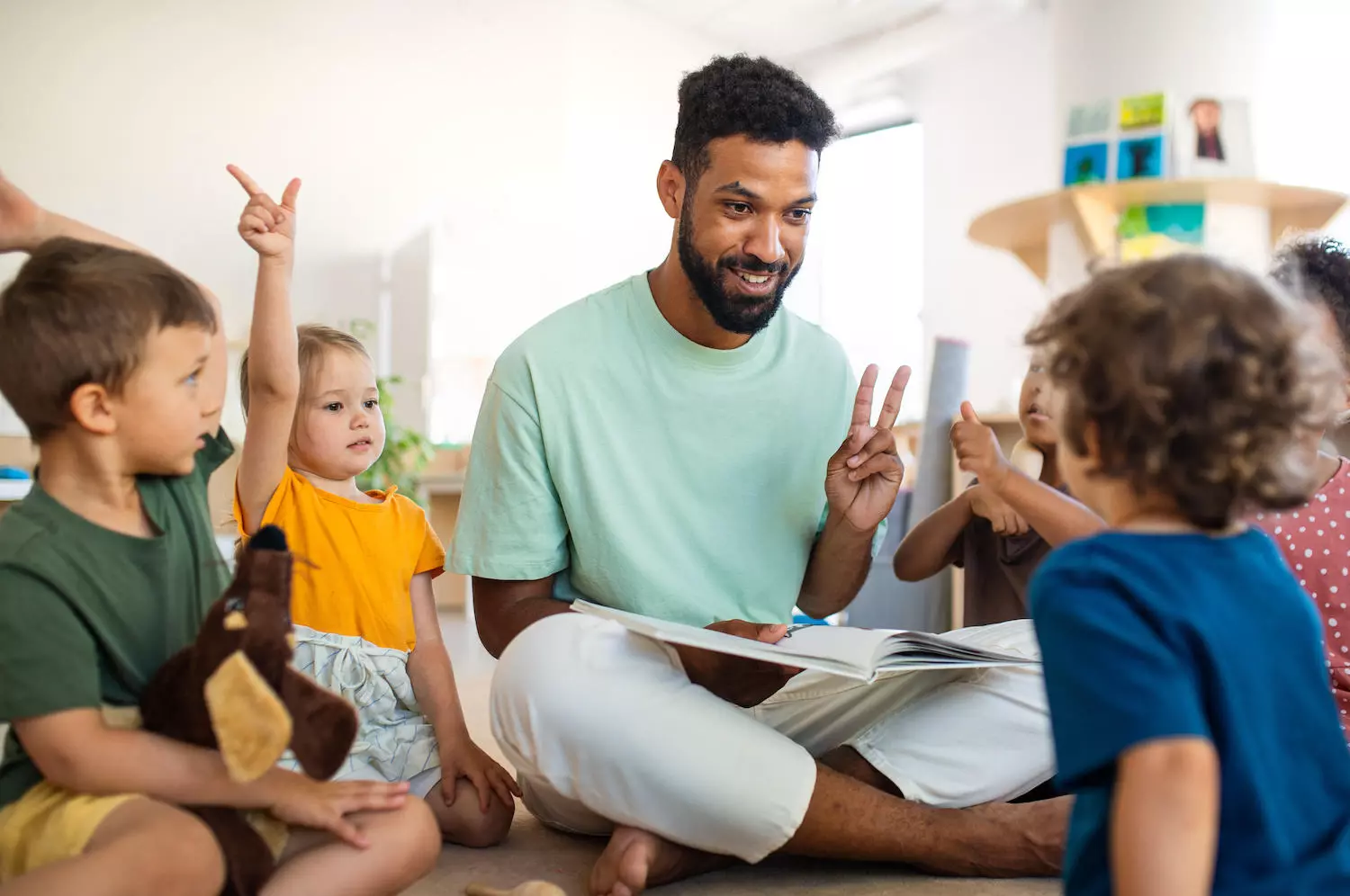
The western school system, in general, seems to have fallen into a vicious circle of carryovers from other times and recent eclectic implementations that, some more than others, result in perpetuating the rigidity from teaching to learning. To find out where the most recent studies in the fields of Pedagogy and Social Sciences are heading, we spoke with Stefany Cohen, Master in Technology, Innovation and Education at Harvard University, who defends the need for an “education for the 21st century” , which is not so far from some of the fundamental discourses of the “new education” and its “alternative” currents, but which recognizes the impact of technology on the development of generations of children who are digital natives. “In this century we cannot predict what will come, but we can empower boys and girls to create –and co-create– the future through the development of skills that can be summarized as: critical thinking, creativity, collaboration and communication” . Cohen believes that the biggest difference between the current system and the one to which we should aspire to migrate globally is a substantive issue: 21st century education focuses on giving children the skills to be (heart/soul), know (mind/intellect) and make/do (hands, body, senses) as a whole.
“The only constant is change. Teachers, parents and education advocates must innovate, dare to try new models of learning that keep up with a rapidly changing world.”
Annamaria Zampogna, Curator at Pertanto
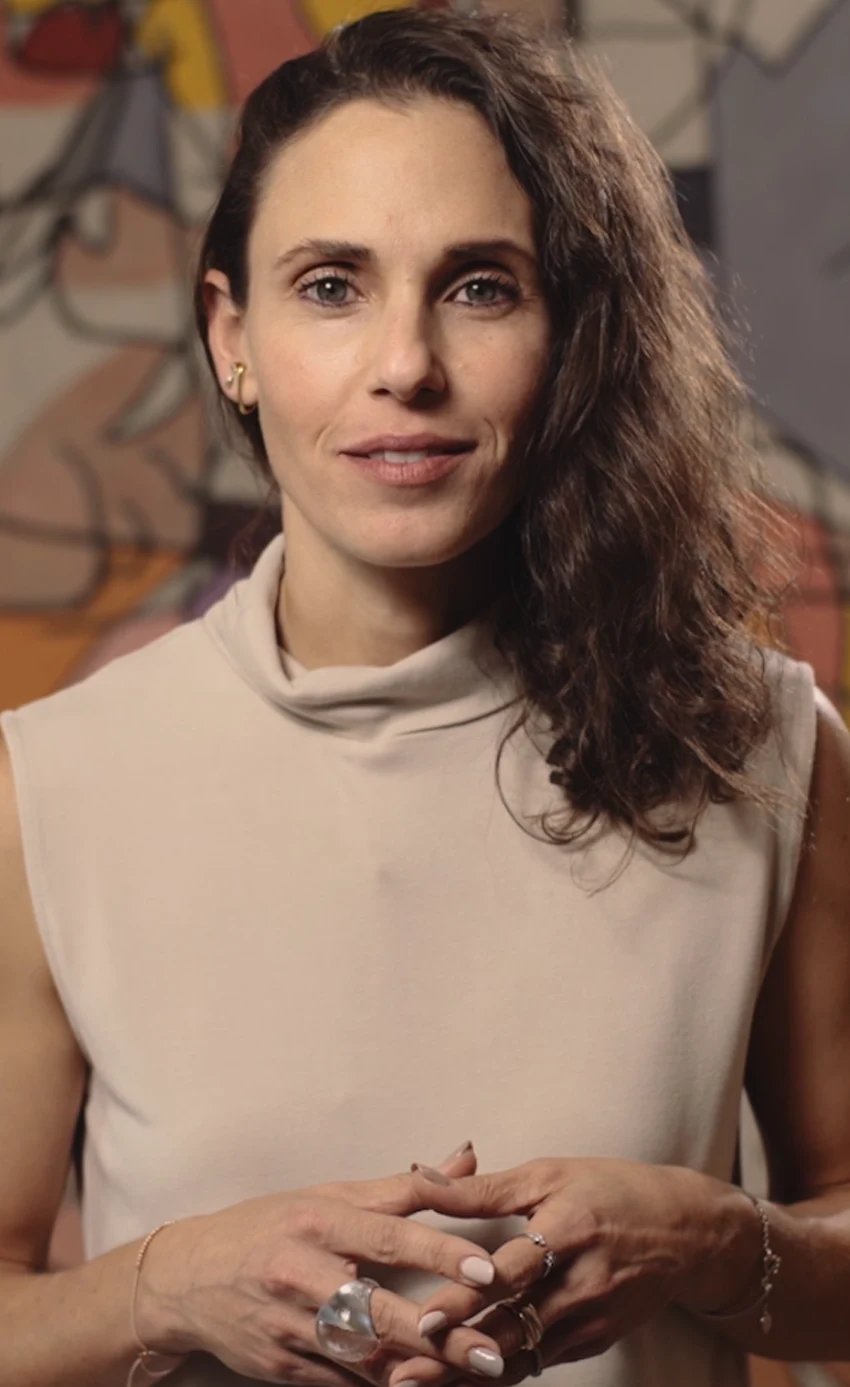
Putting the human being at the center, instead of the institution, is a concept that goes beyond the walls of the classroom, it implies considering all its psycho-social edges. For Dr. Emelyn Sánchez, it is important to rescue the school-community relationship, since for a child to have the ideal conditions to learn there are many factors that must converge. “Structurally all brains work the same ––unless there is an injury or dysfunction– what changes is the history of each one: how it was trained, stimulated, its sociocultural context, its levels of nutrition, sleep, stress, etc” . This is a public health issue, which affects society as a whole as a domino effect, since if we have families in precarious conditions, we will be sending children who do not have the physical, emotional and mental conditions to reach their maximum potential, resulting in an endless circle of lack that negatively affects all spheres of a nation’s life.
To change this, we need to collectively understand that talking about education is talking about the foundations of present and future society, something that impacts us all, and we must act accordingly. Mariana Plata poses it as a multi-layered problem with a complex but achievable solution with political will and citizen organization: “I think it is extremely important to redefine the priorities of the State, and distribute the wealth equitably around those priorities. In Panama the system has been patching up and the problems have overflowed. It is sad to see good teachers poorly paid, unmotivated, without classrooms or tools. It is easier for people to be angry with the teacher or the school, because it is much more ambiguous to be angry with the system and the people who make the decisions there.”
While the specialist in Cognitive Neurosciences, Emelyn Sánchez, believes that “the Ministry of Education, or the authority in charge, should have research and statistics departments that allow them to recognize the particular needs of each community in order to choose which pedagogical models work in that place, with those people.”
During the industrial revolution, the academy meant social mobility, the possibility of a better future for those who did not have it assured from the cradle. However, in 2022 education is a human right, and to make it fully enforced, with long lights, systems are required to adapt and respond to the society they serve. Rethinking education from pedagogies is respecting diversity, since each individual, family, culture, country, region or community has different needs, therefore there is no standardized solution. Taking action in this direction means rebuilding the system and its methodologies in the same way that we deconstruct ourselves for the benefit of those who are there and those who are coming, since demanding an education that is consistent with the times in which we live from our authorities or in the schools where we enroll children is the only possible solution to put aside the centralization, rigidity and uniformity that we continue to recycle in school curricula.
That the school responds to the demand of the moment is a matter of collective interest: educators, health professionals, administrative staff, parents, students and civil society. We all need to move from contemplation to action, engaging, adding to the conversation, and holding ourselves accountable for holding large-scale decision makers to account.


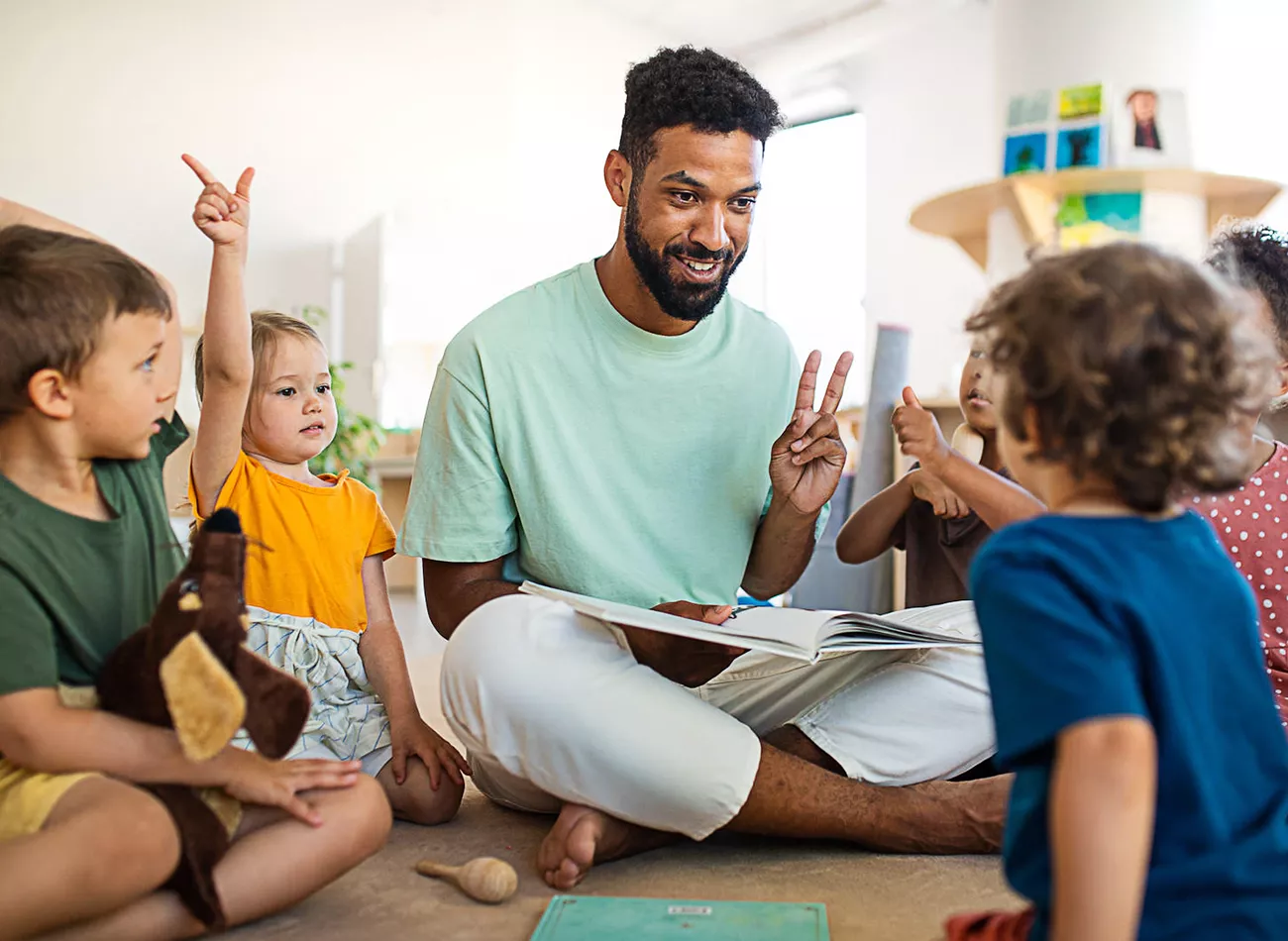
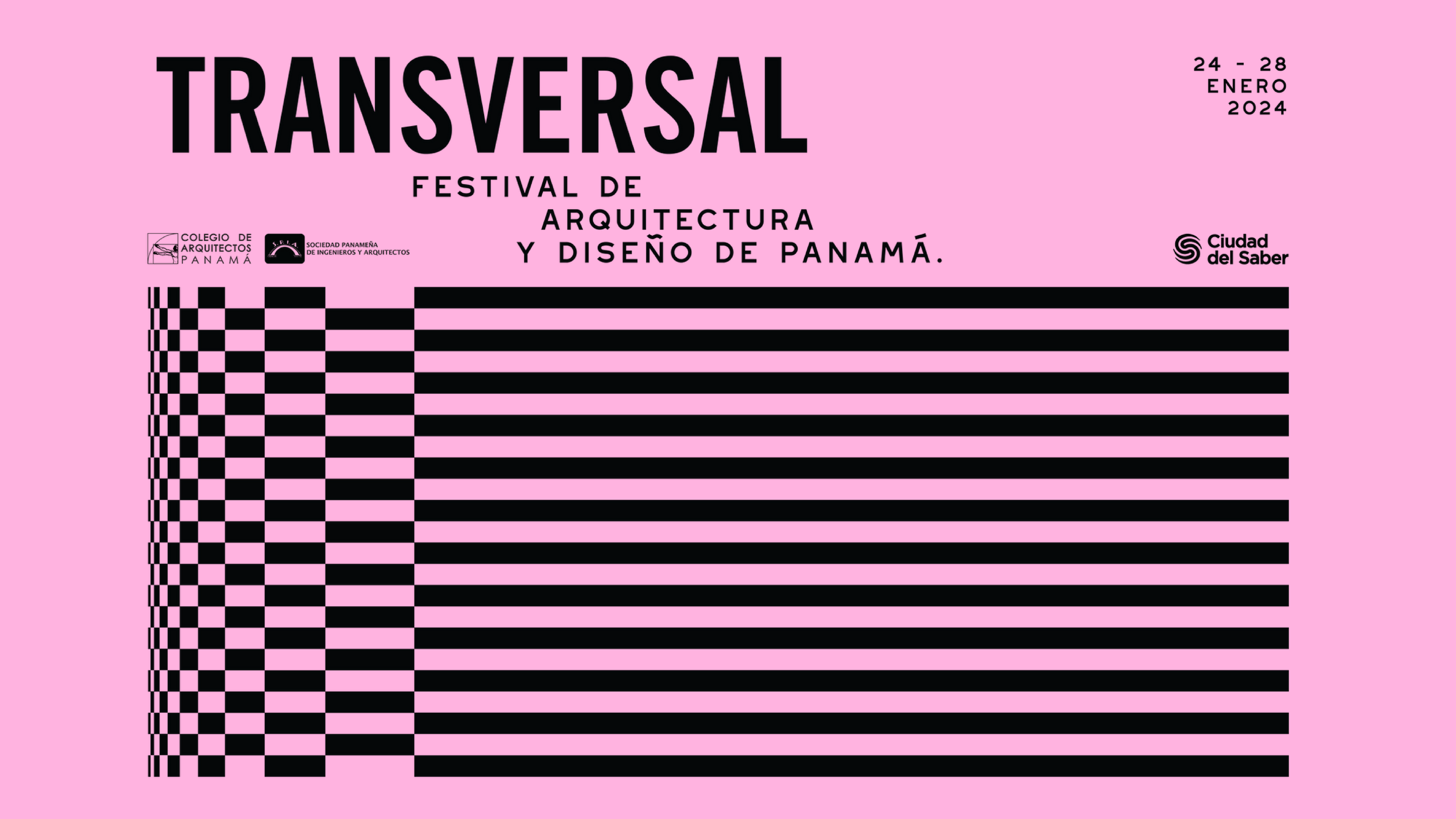
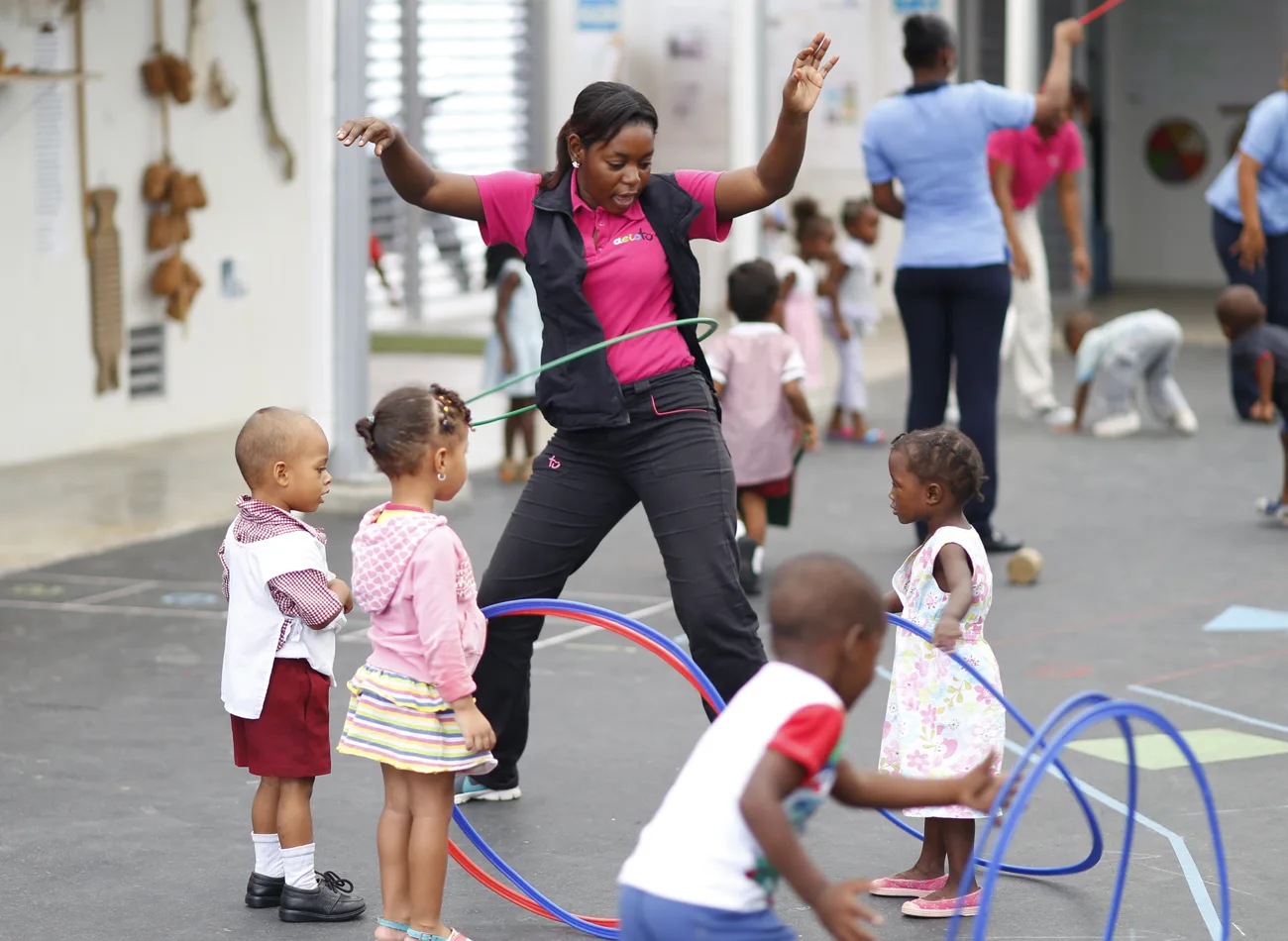
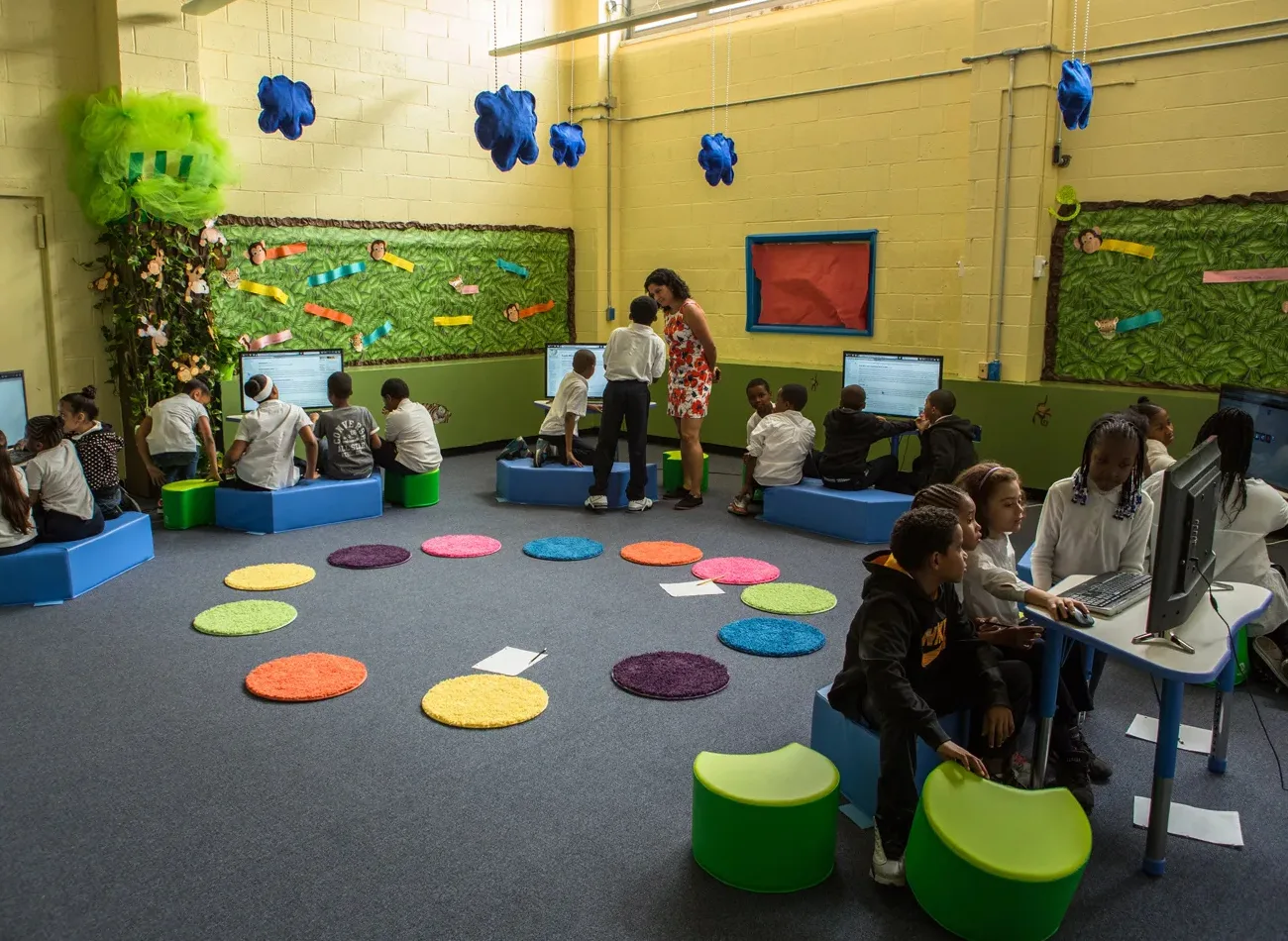
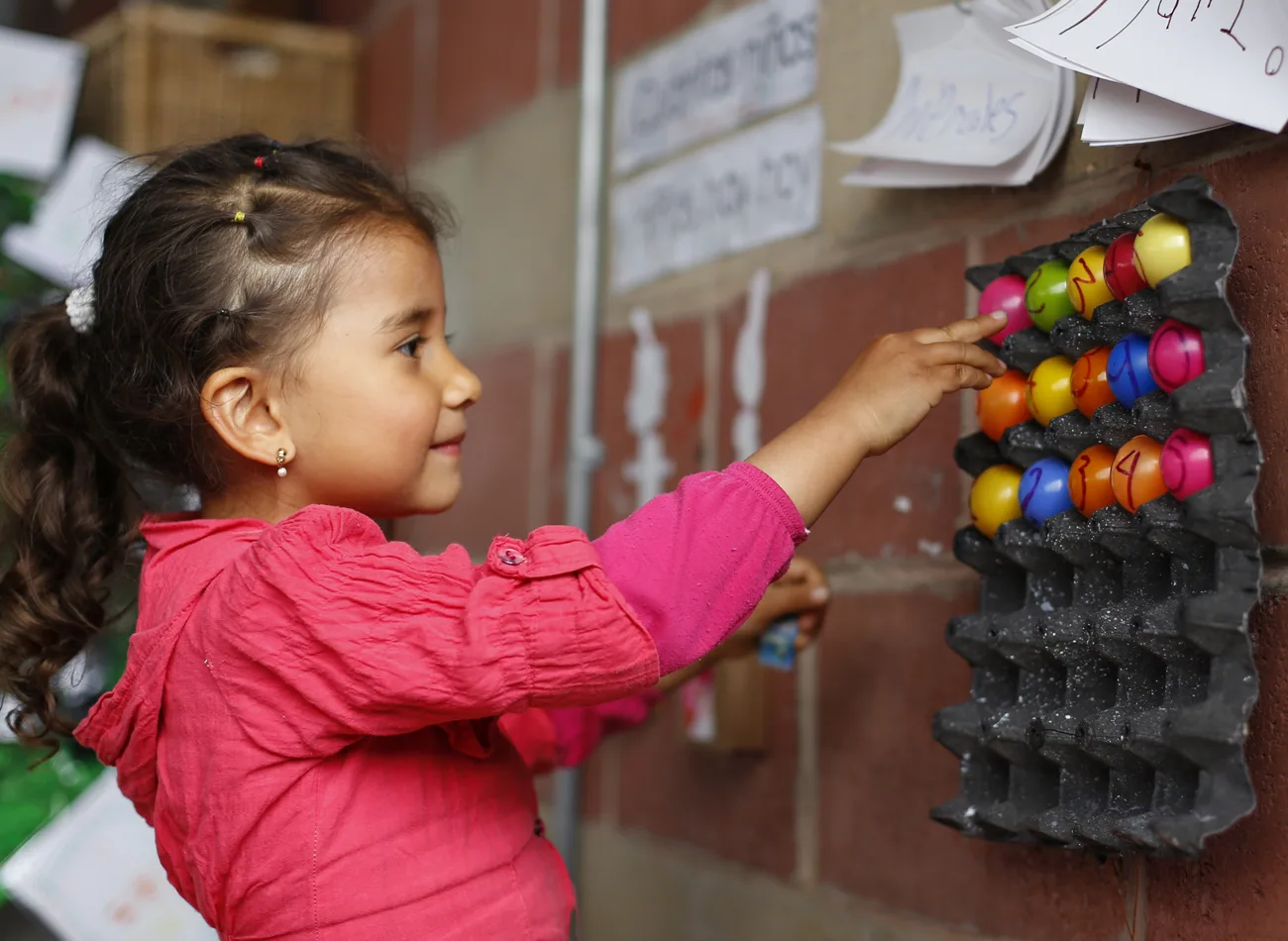
Leave A Comment